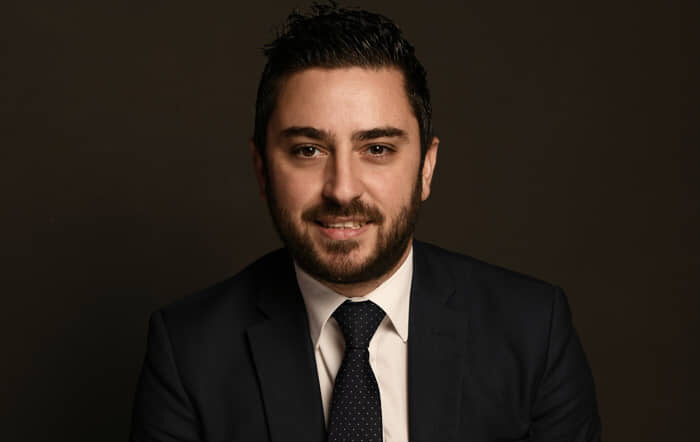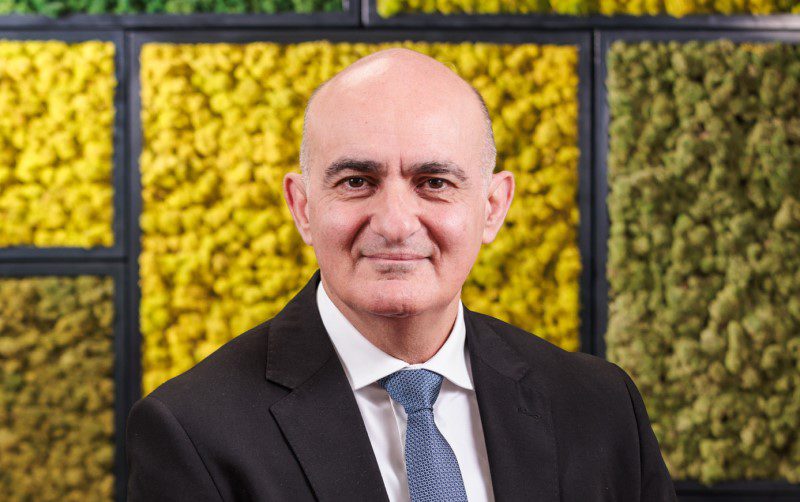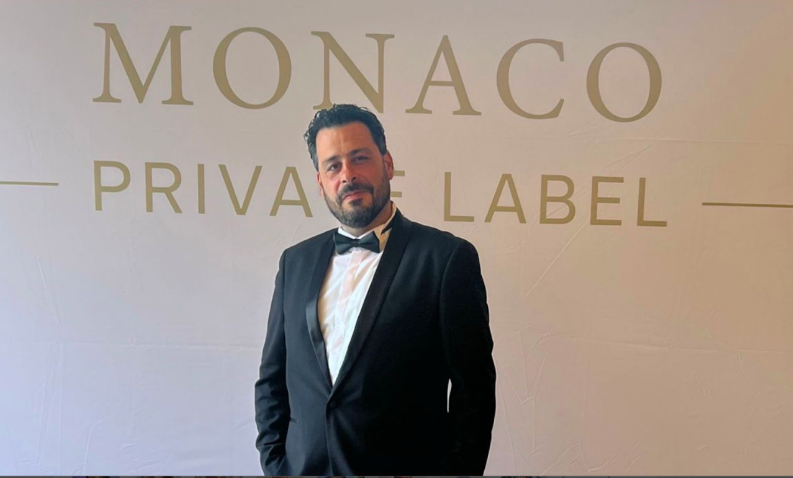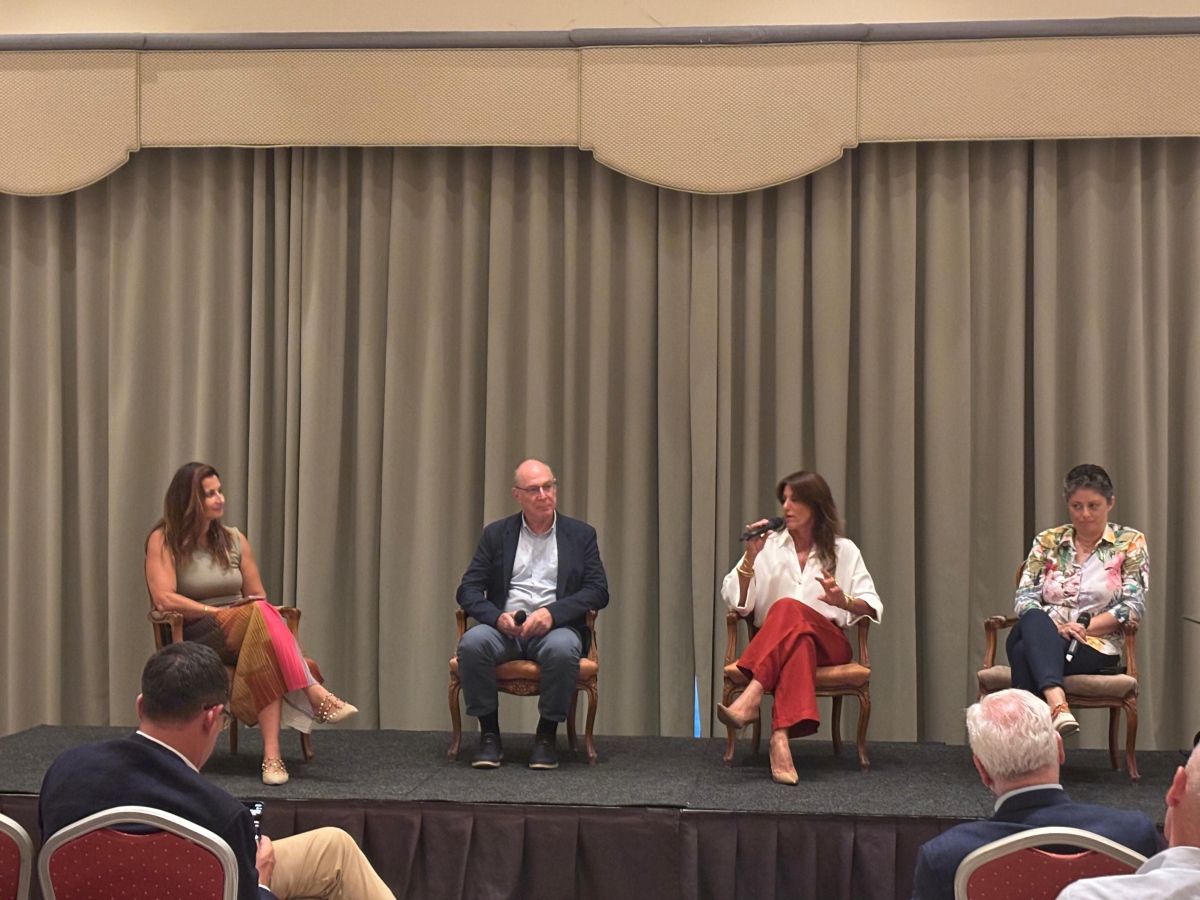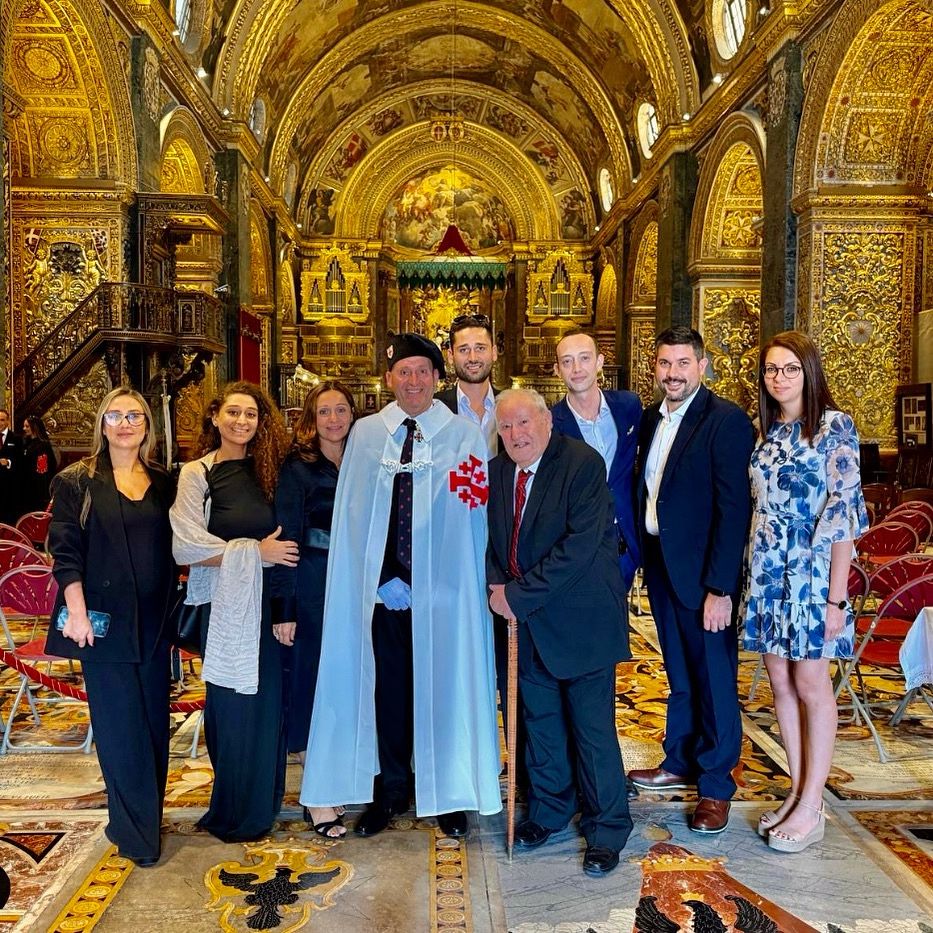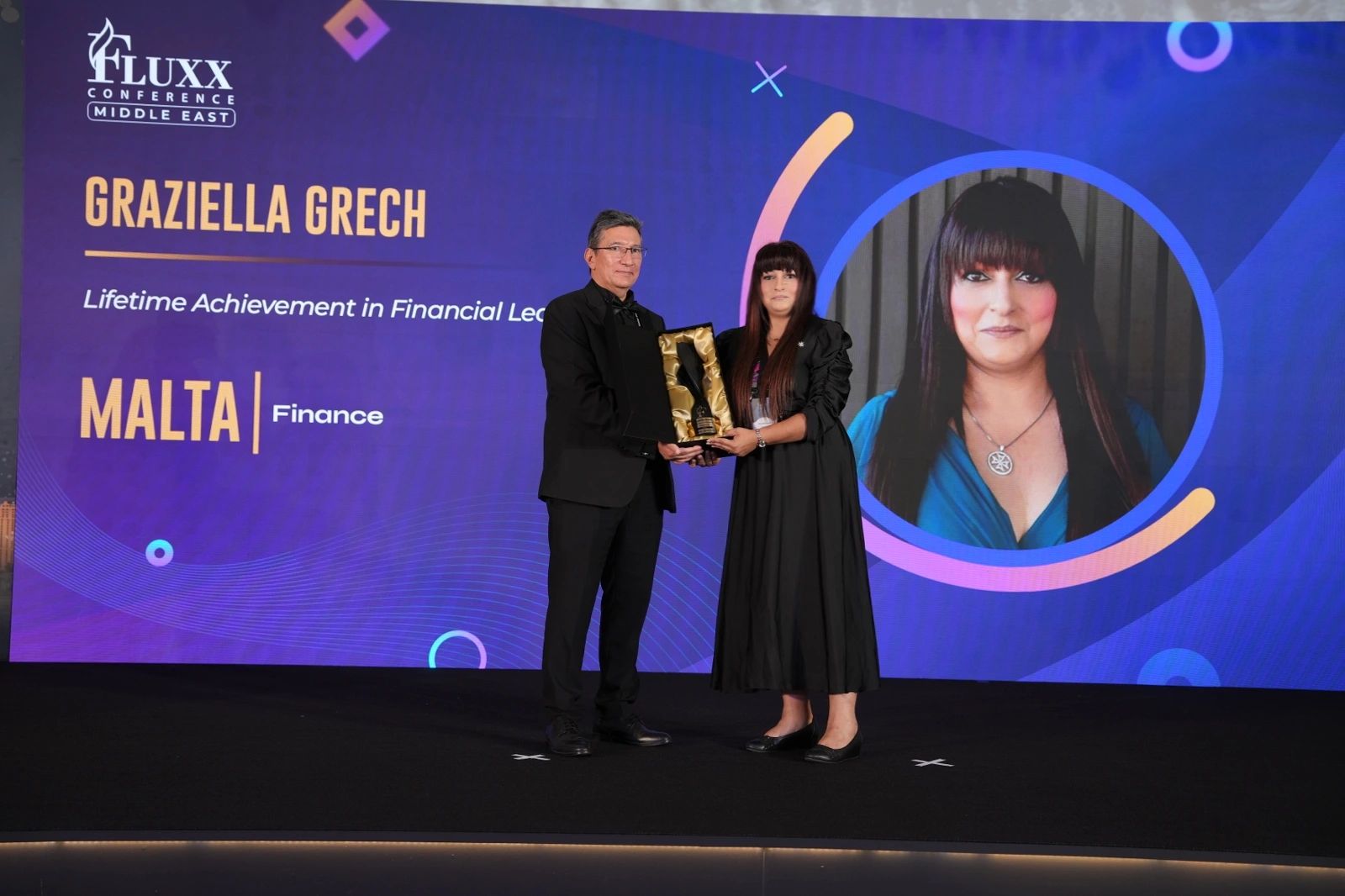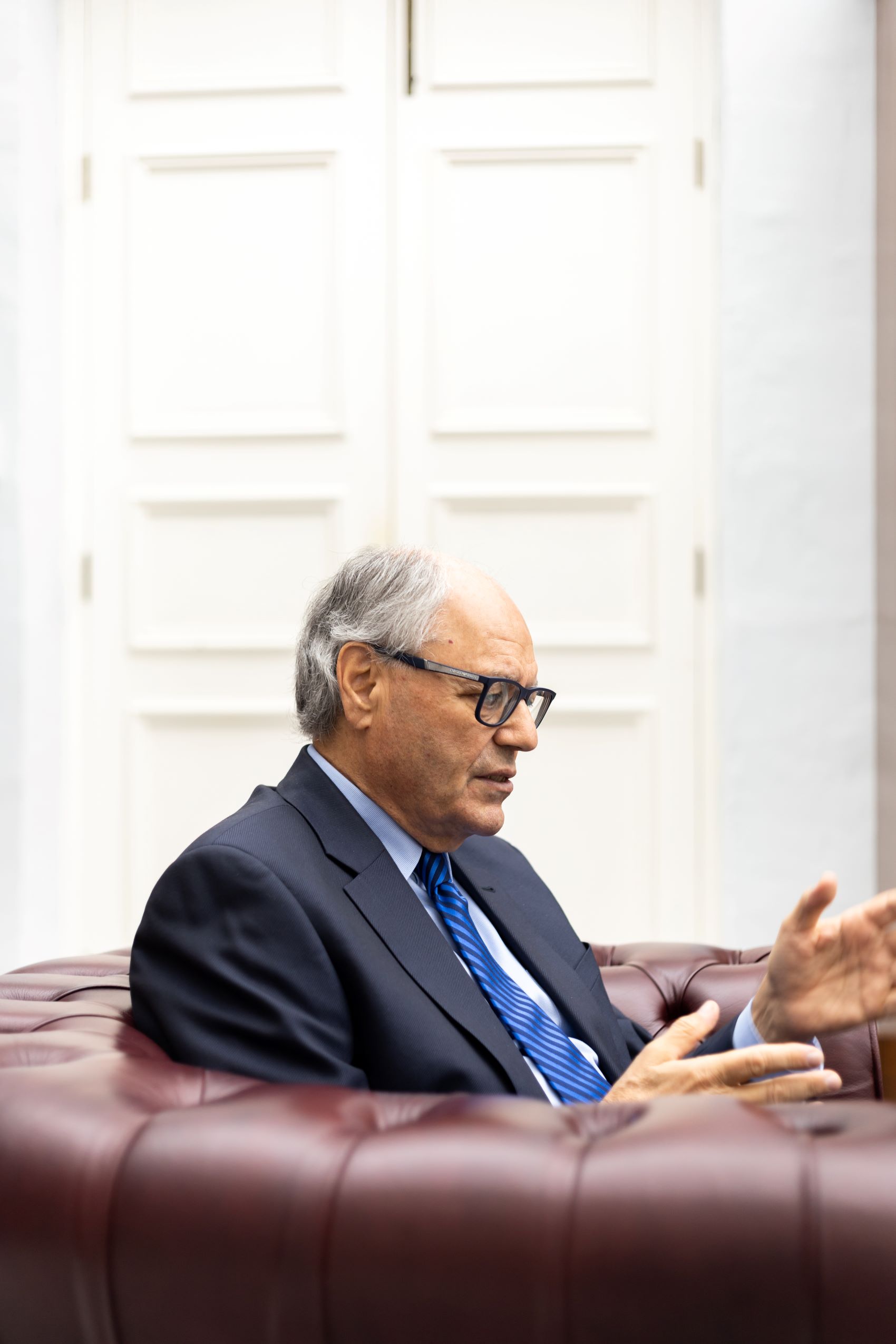Prenuptial agreements, or “prenups”, are often associated with celebrity marriages or high-net-worth individuals abroad. Yet as lawyer Dean Hili tells MaltaCEOs.mt, Malta has recognised similar legal arrangements for over a century – long before the term “prenup” entered popular vocabulary.
“‘Prenups’ are not a new concept under Maltese law,” he explains. “They have been around, albeit under a different nomenclature.”
Under Maltese law, there are three main matrimonial property regimes that regulate how property is owned between spouses: The Community of Acquests, the Separation of Estates, and the Community of Residue under Separate Administration (CORSA).
The Community of Acquests remains the default regime, where “all property acquired by either spouse after the marriage date (through work, purchase, savings, investments, etc.) becomes joint property of both spouses.”
However, as Dr Hili notes, the option to separate estates – effectively what a prenup achieves – “has been available since at least the late 19th century,” tracing its origins back to classical Roman law and later the Napoleonic Code.
Introduced in 1993, CORSA serves as a hybrid model. “Spouses administer their own acquisitions separately during marriage, but on dissolution (death, separation, annulment, divorce) the ‘residue’ of what each acquired is calculated, and then shared according to law,” he says.
Protecting business assets
For entrepreneurs, investors, and business owners, the ability to protect business interests is a key motivation for entering into such agreements.
“As for benefits prenups offer in case of business owners, there are many,” Dr Hili says. “Business assets including shares, goodwill, IP, and capital, remain your exclusive property. Your spouse is not liable for your business debts or guarantees. The contract can also clarify how dividends, retained earnings, or profits are treated.”
In essence, a prenup allows a business owner to ring-fence their commercial interests from personal relationships – an important consideration for anyone with significant investments or shareholders.
Common concerns from clients
When it comes to the practical side, Dr Hili says that business owners typically seek “certainty, insulation, and autonomy.”
He explains that “it is not a one-size-fits-all kind of situation.” Some clients want to ensure their “business itself including shares, trademarks, and goodwill, stays outside the marital pool.” Others are more concerned about spousal approval requirements in major business transactions or potential liability overlaps.
“There are others who fear that if the marriage dissolves or on death, the spouse could end up with an unwanted stake in the business, complicating succession for children or partners,” he adds.
Enforceability and legal certainty
As to whether such clauses hold up in court, Dr Hili is clear: “Yes. A prenup can be drafted to keep business assets outside the ‘community pot’. The other spouse would have no claim over the assets in separation or divorce if they are opting for a separation of estates.”
He adds that these arrangements must be made “through a public deed, in front of a notary, which offers the highest degree of protections in terms of contract law.”
Importantly, he notes that Maltese courts uphold such agreements when properly executed. “Contracts legally entered into have the force of law for the contracting parties. Once validly formed, a contract is binding as though it were law between the parties.”
Should a couple wish to change their property regime after marriage, the Court of Voluntary Jurisdiction must approve it. “But ultimately, once executed, the legal consequences brought about are more or less identical,” he concludes.
While prenuptial agreements may still carry social stigma or seem unnecessary to some, for those who own or manage a business, they can be a prudent form of protection.
As Dr Hili’s insights show, the Maltese legal system already provides the structure – what remains is the foresight to make use of it.
Featured Image:
Dean Hili / dalliadvocates.com
Mark Bajada appointed Knight of the Equestrian Order of the Holy Sepulchre
The renewable energy entrepreneur expressed humility and a strong sense of responsibility.
FinanceMalta’s Graziella Grech gets Lifetime Achievement Award in Doha
'We are proud to see Malta’s impact in global finance being acknowledged,' FinanceMalta said.
Edward Scicluna calls on smaller banks to embrace – not fear – AI
He was speaking at a high-level gathering of Mediterranean central bank governors in Cairo.
Zzzing appoints Ludwig Farrugia as new General Manager
His expertise bridges the worlds of hospitality and real estate.


